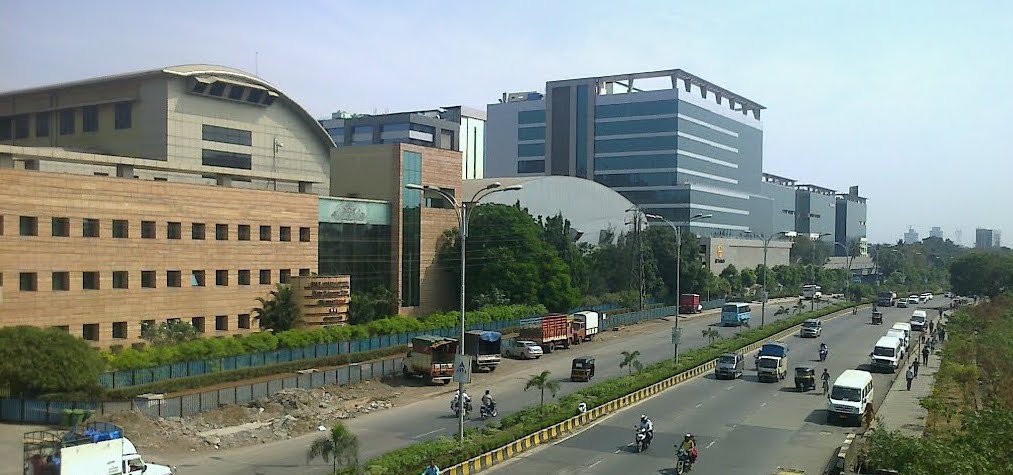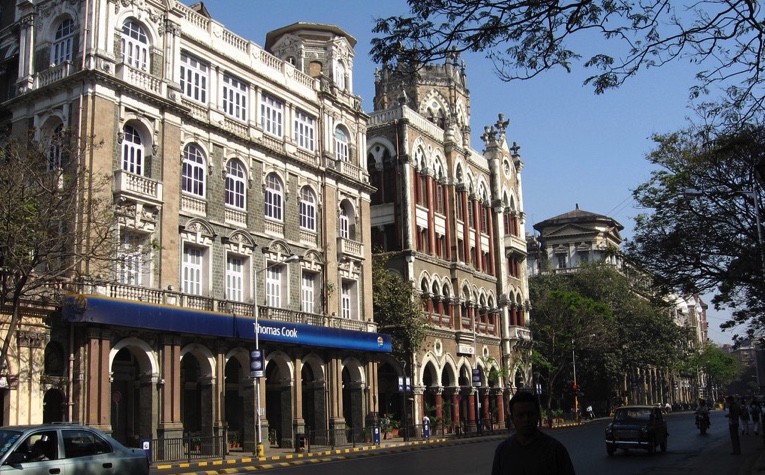Steve Blank, the Stanford Professor and the creator of the Lean Startup framework, exhorts startup founders to
“Get the heck out of the building”
Since our product, ERPNext was built for something I needed at the time, I did not need to get out of the building. Also listening is not one of my greatest skills (as my wife will happily testify) and the need to get out there and listen to customers, was missing.
ERPNext is based on what we needed and that was it. Over the years though, the product has matured with a lot of user input and we achieved what we had initially set out to do, and built a sustainable business around it. But we feel that we are still terribly under performing in terms of revenue.
So how do we get the next level of revenue?
My gut feel was that the biggest problem in ERPNext was that it was hard to setup and use. User-experience (UX) seemed to be the next frontier we needed to conquer. But the few grey hairs on my head popped a question in my brain. Why not validate this? Why not go and visit a few customers to see how they are using the product.
So I wrote to a few customers in Mumbai asking them if I could come to their office to see how ERPNext is working for them. I am sure the customers would have chuckled a bit privately, because we never, ever, do customer visits. We are quite adamant about that, even if the customer is here in Mumbai. If they customer wants to meet us, they need to trek to our office. But this time it was us who was going to visit.
New Mumbai
Our first visit was to Neural Integrated Systems Private Limited, an ERPNext user since 2012, based in the Millenium Business Park in Mahape.
Beyond the mangroves that separate Mumbai island city from the mainland, lies Navi Mumbai, or New Mumbai. I had never travelled to Navi Mumbai from Thane so I did not know what to expect. I stood near the door of the local metro, and watched in a city under construction. The train sped through gleaming high-rises, dust and rubble, defaced hills and makeshift housing, blasting hot summer air inside. The scale of the city never ceases to surprise. 15 million souls, interlocked in an ever expanding economic exchange that was powering the entire country.

Image: Airoli Highway - Photo: Martin Viegas
Neural Integrated Systems provides turn-key security solutions for businesses. The founder Tarun Gupta who had earlier spoken at our first conference and is a sharp and hungry entrepreneur doing business the old fashioned way, based on delivering quality and value through strong relationships.
Nabin was also there with me and first we had a long chat with their core ERP team comprising of two ladies, Radha and Gayatri.
We realised that they were happy with ERPNext. They were tracking their operations from the point the order was booked to purchasing, shipping, billing and payments. ERPNext helped them to stay on top of their commitments and made sure they were in control of their inventory.
We observed that there were many modules that they could have used, like tracking their sales using Quotation, tracking operations with Time Logs, setting up email alerts, using budgets and even a new public facing website from within ERPNext. They were not using these because they were so involved in their day-to-day operations that they did not find time to configure these modules.
Learning #1
As we moved to a general discussion, Tarun mentioned that they still had problems sorting out Journal Entries during their year-end audit. He suggested that Journal Entry should not be used for regular entries.
This discussion had come up on the forum, but we did not realize its impact. It should be possible to make special forms for special entries. Payments, for sure, have to be a separate form, so could Expense Claims be accounting entires. We are already building a tool for asset depreciation. Write offs, interest income, inter-bank transfer could all easily be separate forms.
Learning #2
On my way back, the thought dawned to me that maybe User Experience was probably not the next frontier as I thought. These users seemed to be happy with the way the product was working for them.

Image: Enterpreneur Tarun Gupta with the ERP team
Old Mumbai
The next day took us to the opposite end of the city and a very opposite kind of a business. Eudora Enterprises Ltd is based in the heart of the colonial city at Nabin and I took the train journey in the opposite direction towards the grand terminus built by the British.
The old part of the city is lined with historic Gothic buildings, busy bazaars and teeming with life. The city still represents an older way of life where street vendors brush shoulders with corporate lawyers in ties and suits.
Climbing a wooden staircase that transported us back to the glory days of the Raj, we reached Eudora Enterprises. They had a bright and beautiful office with wooden paneling and high ceilings.

Photo: Jeevan Balwant
Pink Guppy Kids is a furniture brand for kids under Eudora Enterprises, run by Sonal Ramnathkar, a new age entrepreneur whose MacBook screen is full of tabs of various SAAS (software-as-a-service) based tools that she uses to manage her business. Sonal uses Shopify to manage her web-shop, HubSpot to track her inbound leads, Knowlarity to keep tabs on her calls and ERPNext to manage her operations.
Pink Guppy Kids also has a flagship store at Mumbai’s #1 shopping mall, R-City that sells furniture and toys. Apart from that sales happen on various e-commerce sites like Amazon and Pepper Fry.
Eudora Enterprises has a small manufacturing unit based in Nashik, a couple of hours drive out of Mumbai and is still an early stage business. The ERP operations are managed by Zen Jhaveri who imports Bill of Materials made by the designer and tracks the inventory, shipping and billing on ERPNext.
Eudora Enterprises is also an early user of ERPNext and again seemed pretty happy with the way they were able to manage their operations. Like with Neural, we saw that they could track pre-sales (Quotation), operations (Time Logs) and more, but like in the first case, maybe they did not have the motivation to set it up. Quotations were still being made in spreadsheets.
Learning #3
We realised that spreadsheets were a pretty good tool, till you hit a certain scale and it takes time for small businesses to hit that scale.
Learning #4
Some of the features we take for granted like check printing seemed pretty critical from the point of view of the accountant.
Conclusion
On our way back, we stopped at the historic Aram restaurant opposite the grand terminus for some delicious kothambir wadi and kokum sharbet. It was getting clear that more than user experience, what users wanted were features.
Startup advice given over and over is that we need to build a simpler product with lesser features, often quoting Apple. But visiting these customers wanted more complex features. Not everything is made for simplicity. The human body is terribly complex but it works.
Organizations are able to achieve complex goals and its nervous system must have the ability to support all its activity and its ERP system must be designed to handle as many use-cases as possible.
What if the designers of the human body decided for simplicity that you could only drink coffee with your right hand. So if you were a right handed programmer with a mouse in your right hand, you could not drink coffee with your left hand. It might have worked, but it would have been annoying. The designers would have said, lets focus on the 90% and give them a better experince.
Maybe ERPNext is a product that needs to cover as many use cases as possible. Maybe we need more features not less. Maybe users don’t subscribe because they find a certain tax report missing. Maybe they want to track miles traveled by their sales people. Maybe they want hourly payroll. Maybe they need weekly timesheets. All those features that ERPNext lacks today.
The truth is that I can only confirm this if I get out of the building more often.



